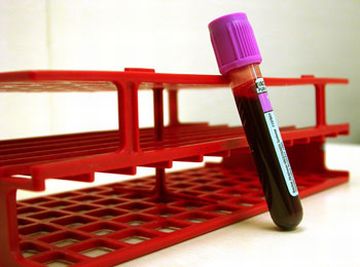Scientists have recently discovered a blood protein — ProstaMark EPCA-2 (Early Prostate Cancer Antigen). It is not just the discovery of the protein that has put this in the headline. But, it is what the protein can help do for men suffering for prostrate cancer.
Thanks to a new research study conducted at The Johns Hopkins School of Medicine. The study has discovered that the blood protein may change the way of men’s screening of prostate cancer.
Using this simple-to-use blood test, unprecedented 94 percent men with prostate cancer were correctly detected. It also accurately identified 97 percent of men who are not suffering from the disease, the Hopkins study reports.
Unlike the standard test for detecting prostate cancer – the prostate-specific antigen – which is not highly specific or sensitive, the new technique accurately showed the EPCA-2 test in 97 percent of men who do not have prostate cancer, negative.
Robert H. Getzenberg PhD, professor of urology and director of research at the James Buchanan Brady Urological Institute at the Johns Hopkins University School of Medicine said,
The study also shows that EPCA-2 levels are highest in patients with non-organ confined prostate cancer, which is important because cancer that has spread outside of the prostate is much more deadly.
Ray Cairncross, Onconome’s CEO and Co-Founder. Onconome has exclusive, worldwide rights to the technology said,
As a company committed to discovering and developing innovative biomarkers for the early and accurate detection of disease, we appreciate the vast implications of this technology.
Cairncross further said,
The results from the Johns Hopkins University research study demonstrate that the ProstaMark(R) EPCA-2 test is highly specific and sensitive to prostate cancer and could greatly reduce the number of unnecessary prostate biopsies.
Photo Credit: fhcrc




